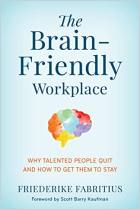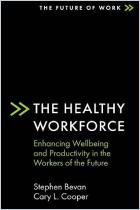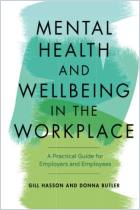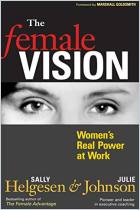
Book
Menopause: Mind the Gap
The Value of Supporting Women’s Wellness in the Workplace
Recommendation
Award-winning author and international public speaker Pat Duckworth addresses menopause forthrightly and challenges leaders to create a supportive working culture for women in their menopause years. Such a culture begins by recognizing menopausal symptoms, which include hot flashes, but also anxiety, low self-esteem and periods of brain fog. Duckworth provides detailed guidance on how menopause effects productivity, and informs managers and HR professionals about how to increase awareness among themselves and their staff.
Summary
About the Author
Women’s strategist, award-winning author, therapist and international public speaker Pat Duckworth advocates for women’s well-being in the workplace.
Learners who read this summary also read
Book
Book
Book
















Comment on this summary or 开始讨论